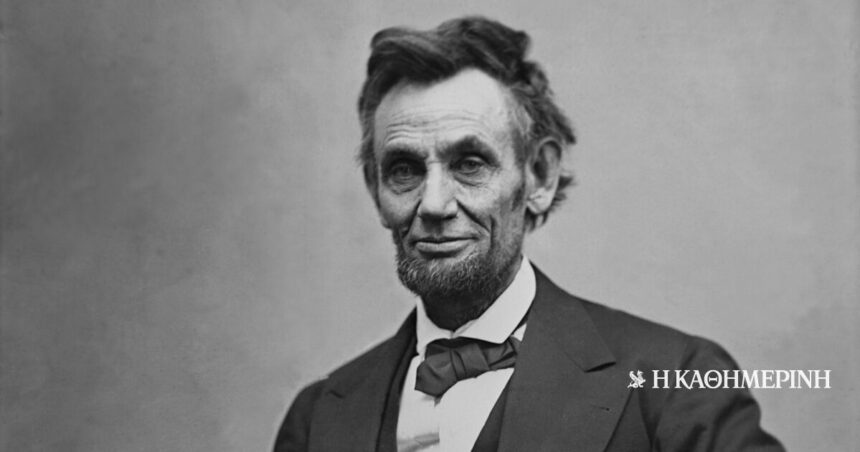Every four years, “on the first Tuesday after the first Monday in November”, all eyes are on United States of Americawhere the elections are held to elect a new president. Since the US president has informally assumed the role of planet lord after the World War IIthe world’s interest is justified, since any decision of the American president related to foreign policy, the economy, the environment, etc., can have an impact on the daily life of the citizens of a state, which is thousands of kilometers away from the American territory.
In 1845, Congress passed a law establishing a specific day for holding presidential elections, choosing that day to be the first Tuesday after the first Monday in November (the Tuesday next after the first Monday in November). The goal of the members of Congress was to avoid 1or November as the election date, as the vast majority of Americans would attend All Saints services. Also, on 1or November traders and professionals used to settle their books for October, so the election would delay this process.
Members of Congress preferred not to designate Sunday as election day, but one of the working days of the week.
Regarding the choice of Tuesday as the day of holding the elections, its explanation is relatively simple. Knowing that most Americans attend Mass on Sundays, the members of Congress preferred not to designate Sunday as election day, but one of the working days of the week. In the middle of the 19thu century, the USA remained an agricultural country, despite the progress that had been made in the industrial sector. Farmers used to go to the market on Wednesdays to sell their produce and get the necessary goods for their families. With these factors in mind, members of Congress ended up choosing Tuesday.
With this legislative framework, the elections of 6her November 1860 for the election of a new president. Candidates for the presidency were Abraham Lincoln for the Republican Party, the John Breckenridge for the Southern Democratic Party, o Stephen Douglas for the Northern Democratic Party and John Bell for Constitutional Unionist Party. The election was held at a time of intense political and social polarization, particularly around the issue of slavery and its expansion into the new US territories. The four candidates represented different positions, their views strongly determined by geographical and social criteria.
Lincoln was sworn in as the 16th president of the United States on March 4, 1861.
The northern states, where the industry was mainly developed in the USA, opposed the inhumane institution of slavery and promoted policies that would limit its spread to the new territories. On the other hand, Southern states, dominated by agricultural production, supported slavery and saw Northern policies as a threat to their way of life and economy. Southerners worried that increasing Northern power would lead to the eventual abolition of slavery.
The political system was fragmented. So does the electorate. Abraham Lincoln managed to win the election by collecting 180 electoral votes out of the 303 that existed at the time. However, he received the vote of only 39.8% of the electorate due to the highly fragmented electorate. Lincoln was sworn in as the 16tho president of the United States on March 4, 1861, almost three months from January 20, when it is now customary for American presidents to be sworn in.
Column editor: Myrto Katsigera, Vassilis Minakakis, Antigoni-Despina Poimenidou, Athanasios Syroplakis




